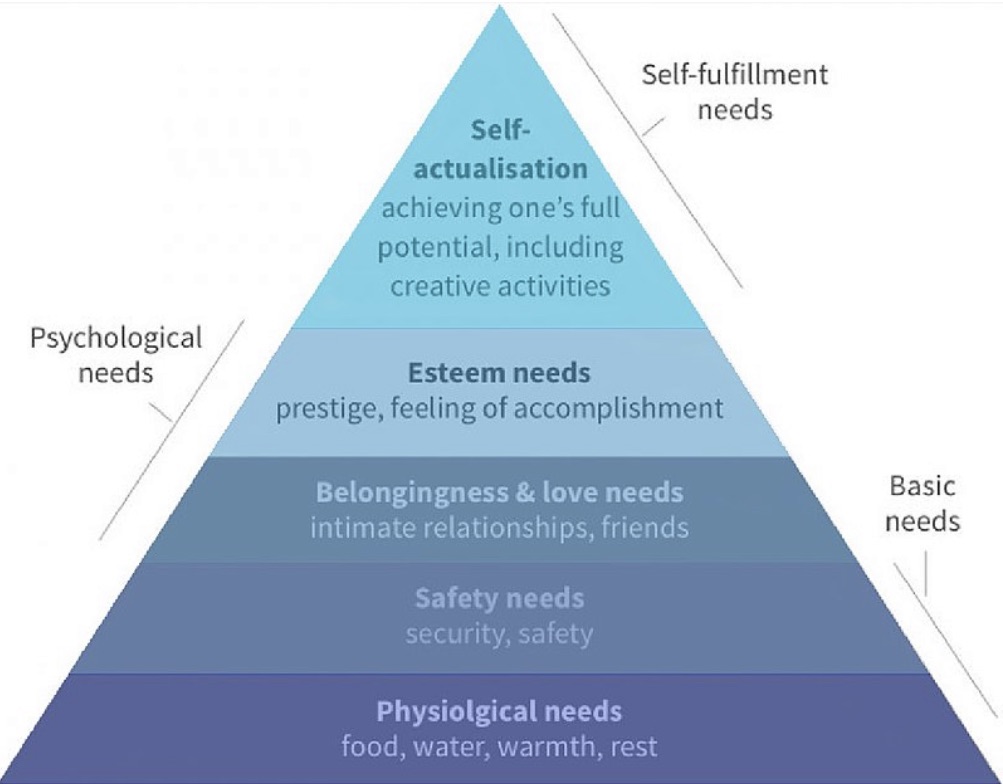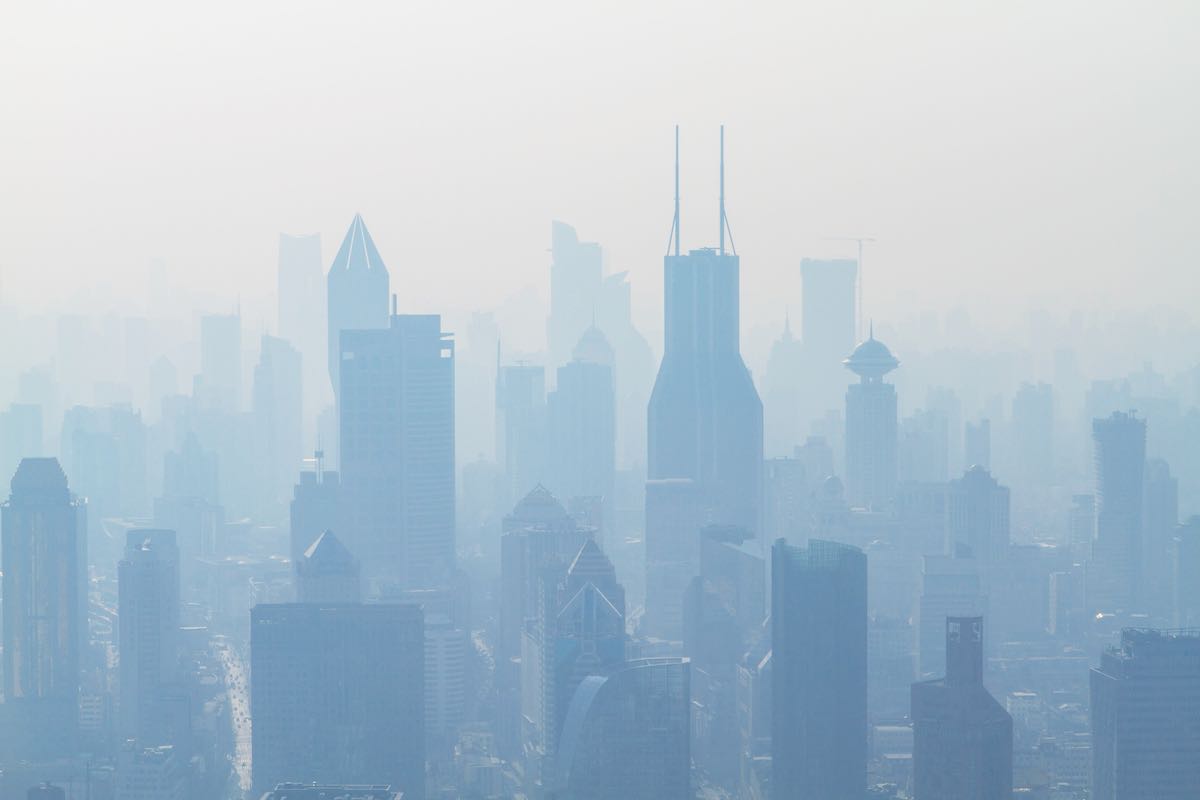Global Trade Built on National Resiliency, Issue 15


- Physiological necessities:
- Food and water
- Robust infrastructure
- Safety Needs:
- A strong, resilient, and well-supplied health care system
- Development of critical industries
- This issue: Trade, build on a solid base
As set out in issues 12 and 13, it should be the priority for nations to do as much as is possible to ensure that each country can feed itself from its own domestic production and to control and manage its water resources. It should ensure that there is robust infrastructure that favours nation building and intra-national trade.
Hopefully, the current pandemic has served to demonstrate the vulnerability of healthcare systems due to years of under-investment, and the value of putting tax dollars into robust healthcare and ambitious contagious disease preparedness, the key elements that allow for “normal life” to continue, even in the worst of circumstances. There are industries that a nation such as Canada should identify as critical and in which it should be prepared to invest and protect.
Covid-19 is a debilitating disease that seems to leave its mark on the recovered and that has taken an unacceptable death toll. Given that there is no vaccine, the critical element of the response is to manage spread to a level to which the healthcare system can respond.
Ideally, none of the above should have any dependence on goods, technology, and materials from other countries nor have any reliance on complex international supply chains. Canada has the capacity, the natural resources, and the human capital potential to provide for all of its core needs and self-reliance has to be its priority in a global environment where traditional alliances are falling apart and hard-earned progress in rapprochement is disintegrating.
Currently Canada is party to over twelve free trade agreements covering 60% of the world economy, which have been beneficial to the growth of Canada and the collective wealth of Canadians. Unfortunately, some of the provisions in these agreements are detrimental to the objective of self-reliance. Some attack agricultural supply management policies, which can be useful tools to ensure domestic food supply but then encourage the growth of corn for ethanol. Others open the Canadian market to a surfeit of dairy and poultry from other countries depressing domestic production. International trade agreements have created global just-in-time critical-supply chains delivery, which have proven fragile during the current pandemic. Nations have become dependent on other countries for many of the medical disposables and pharmaceuticals that are necessary for healthcare systems to function.
In the period leading up to the COVID-19 interruptor, Canada continued to pursue improved international trade partnerships around the world. I was and remain a believer in the importance of international trade but not at the expense of sacrificing sovereignty and self-reliance. Sometimes it takes a crisis to discover systemic vulnerabilities and an opportunity to re-examine which nations can be relied upon to be good partners and friends. Squabbles over medical gear, attempts to monopolize pharmaceuticals and vaccines, interruptions in supply chains, and ongoing tariff tiffs are all symptoms of problems in the way that international trade is functioning. Canada, Mexico, and the US recently celebrated the signing of the NAFTA-replacing USMCA that was negotiated pre-Coronavirus. Would it look different if negotiations were post-pandemic?
All agreements have expiry dates and will have to be renegotiated at some point. In the meantime, existing trade deals have to be respected. However, countries such as Canada have to be better prepared for the next rounds of trade negotiations. A country that can feed itself, rely on all of its jurisdictions to work together for the national prosperity, take care for its population with a strong healthcare system, and that controls its critical industries is positioned to do well in trade talks. The ideal situation is to be in a position to sell much of what our trading partners need to but to be as self-sufficient as possible.
The same reminders: Shop local, support local businesses, buy from local farms, and support local artisans and manufacturers. As always, wash your hands, practice social distancing, hydrate, and exercise.
Note:
Somehow I missed “education” in the collection of core national necessities. It is not because I didn’t think of it but because I have been thinking about it too much. Also, I think that it is a topic that could confuse this conversation for me because international exchange has always been a part of the best educational systems. It is on my list for future issues.





